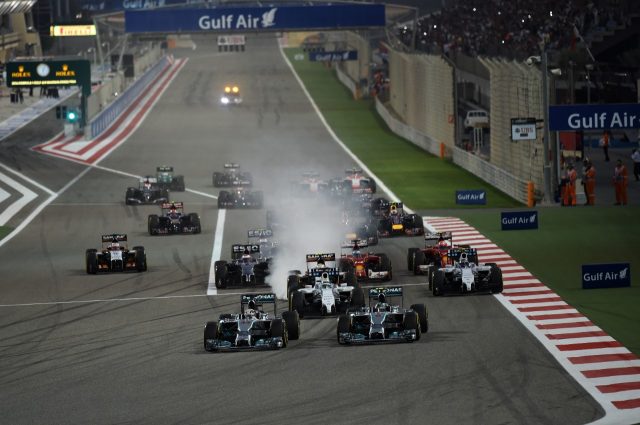On June 28, ADHRB associate Amanda Milani delivered an oral intervention at the 32nd session of the United Nations Human Rights Council in Geneva under Item 10. Please continue reading for full remarks or click here to download a PDF.
Mr. President, Esteemed Panelists,
Americans for Democracy & Human Rights in Bahrain welcomes this opportunity to address the Council on the possibility of using sport and the Olympic ideal to promote rights for all. We strongly agree that sport can indeed play a fundamental role in the promotion of human rights – however, we remain concerned that large sporting events may also continue to be responsible for some of the most abhorrent human rights violations documented.
In Qatar, over 1200 migrant workers have died so far during the construction of 2022 FIFA World Cup Stadiums. In response to criticisms, Qatar had promised to make significant reforms to protect the welfare of its workers. However, these reforms have not been implemented and FIFA has not reacted. Working conditions for those employed in the construction of stadiums continue to fall short of even most basic international standards of labor conditions and human rights.
Similarly, in Bahrain, the hosting of the Formula One Grand Prix in Sakhir continues to be associated to an adverse human rights impact on the ground. Since 2012, local populations have protested Bahrain hosting the race, in light of the human rights situation in the country. The race is perceived as an international whitewash of the ongoing government crackdown on peaceful dissent. In 2012, opposition to the race was responded to with excessive force against demonstrators and the enclosure of some villages with barbed wire. Still this year, 57 arbitrary arrests were documented in the two weeks preceding the race.
We are also concerned that in some countries, discrimination in sport remains incontrovertible. In Saudi Arabia, women are still unable to equally participate in sport. This is characterized by a lack of facilities, opportunities to compete but also being outright banned from participation in some cases. Given these concerns raised, we would like to ask the panel: How can sporting organizations better develop human rights due diligence policies, so that sport and the Olympic ideal can indeed serve to promote human rights for all?
Thank you.





